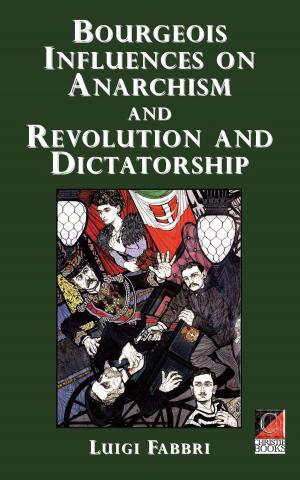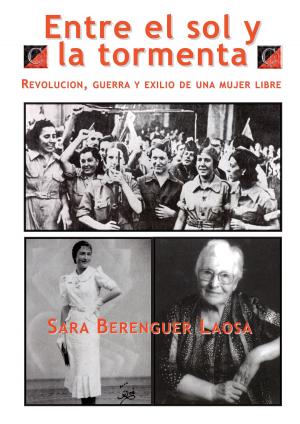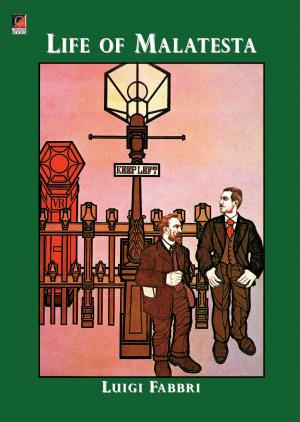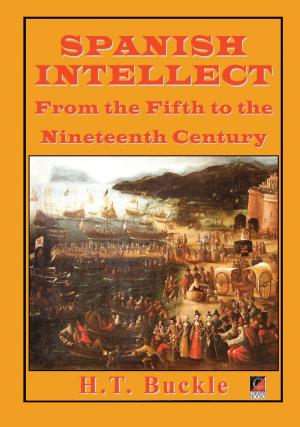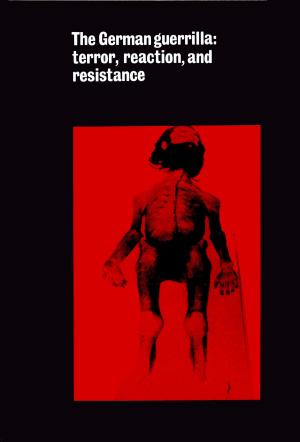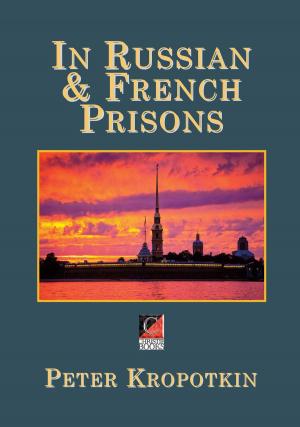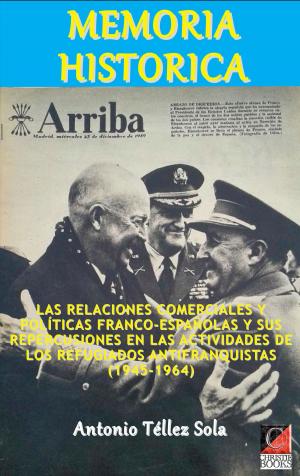| Author: | Ramón J. Sender | ISBN: | 1230001424096 |
| Publisher: | ChristieBooks | Publication: | November 12, 2016 |
| Imprint: | ChristieBooks | Language: | English |
| Author: | Ramón J. Sender |
| ISBN: | 1230001424096 |
| Publisher: | ChristieBooks |
| Publication: | November 12, 2016 |
| Imprint: | ChristieBooks |
| Language: | English |
Seven Red Sundays, Sender's third novel, a prominent landmark in modernist Spanish literature, was written in 1932 in the aftermath of the unsuccessful anarcho-syndicalist ‘declarations of Libertarian Communism’ (uprisings) in Figols, Berga, and Cardona in Alto Llobregat (Catalonia), and also in Alocorisa and Teruel (Aragon). The complex story covers seven ‘Red Sundays’ of agitation, street fighting, and a revolutionary general strike triggered by the killing of three anarcho-syndicalists by the police during a banned protest meeting. Following mass labour unrest heightened by the betrayals of the anti-working class Second Republic, a public funeral in Madrid ends in street fighting, sabotage and the prospect of a nationwide general strike. Sabotage throws the city into darkness, leading to mass arrests, more state brutality, including the torture and cold-blooded murder of union activists by police applying the ‘Law of Flight’ (legitimising the shooting of escaping prisoners). Sender’s use of perspective — in which he looks at the network of connections and the unfolding course of events from ten different viewpoints — explores not only the ambiguities, selfless heroism, frailties and inner conflicts of the central personages struggling for change: love, sublime faith, self sacrifice, religion, betrayal and treachery. It is a hauntingly beautiful and tender book that captures the mood and feel of revolution as well as the spirit of the Second Spanish Republic in 1932.
"Magnificent...a masterpiece." — New York Times Book Review.
"An extraordinary book, extremely intelligent. As exciting as a long ski run on a crisp morning and as beautiful and dangerous."— New Statesman.
Seven Red Sundays, Sender's third novel, a prominent landmark in modernist Spanish literature, was written in 1932 in the aftermath of the unsuccessful anarcho-syndicalist ‘declarations of Libertarian Communism’ (uprisings) in Figols, Berga, and Cardona in Alto Llobregat (Catalonia), and also in Alocorisa and Teruel (Aragon). The complex story covers seven ‘Red Sundays’ of agitation, street fighting, and a revolutionary general strike triggered by the killing of three anarcho-syndicalists by the police during a banned protest meeting. Following mass labour unrest heightened by the betrayals of the anti-working class Second Republic, a public funeral in Madrid ends in street fighting, sabotage and the prospect of a nationwide general strike. Sabotage throws the city into darkness, leading to mass arrests, more state brutality, including the torture and cold-blooded murder of union activists by police applying the ‘Law of Flight’ (legitimising the shooting of escaping prisoners). Sender’s use of perspective — in which he looks at the network of connections and the unfolding course of events from ten different viewpoints — explores not only the ambiguities, selfless heroism, frailties and inner conflicts of the central personages struggling for change: love, sublime faith, self sacrifice, religion, betrayal and treachery. It is a hauntingly beautiful and tender book that captures the mood and feel of revolution as well as the spirit of the Second Spanish Republic in 1932.
"Magnificent...a masterpiece." — New York Times Book Review.
"An extraordinary book, extremely intelligent. As exciting as a long ski run on a crisp morning and as beautiful and dangerous."— New Statesman.

